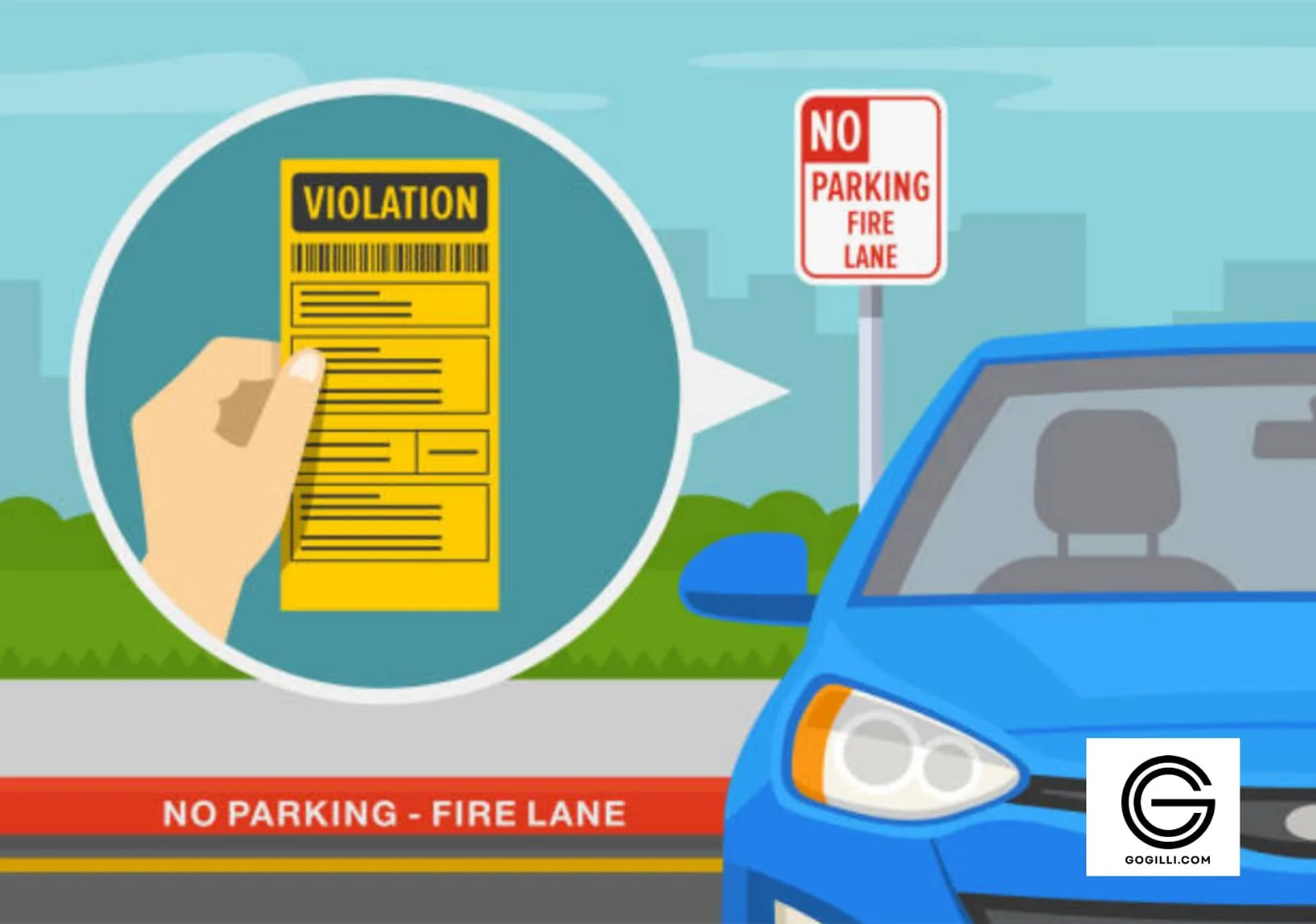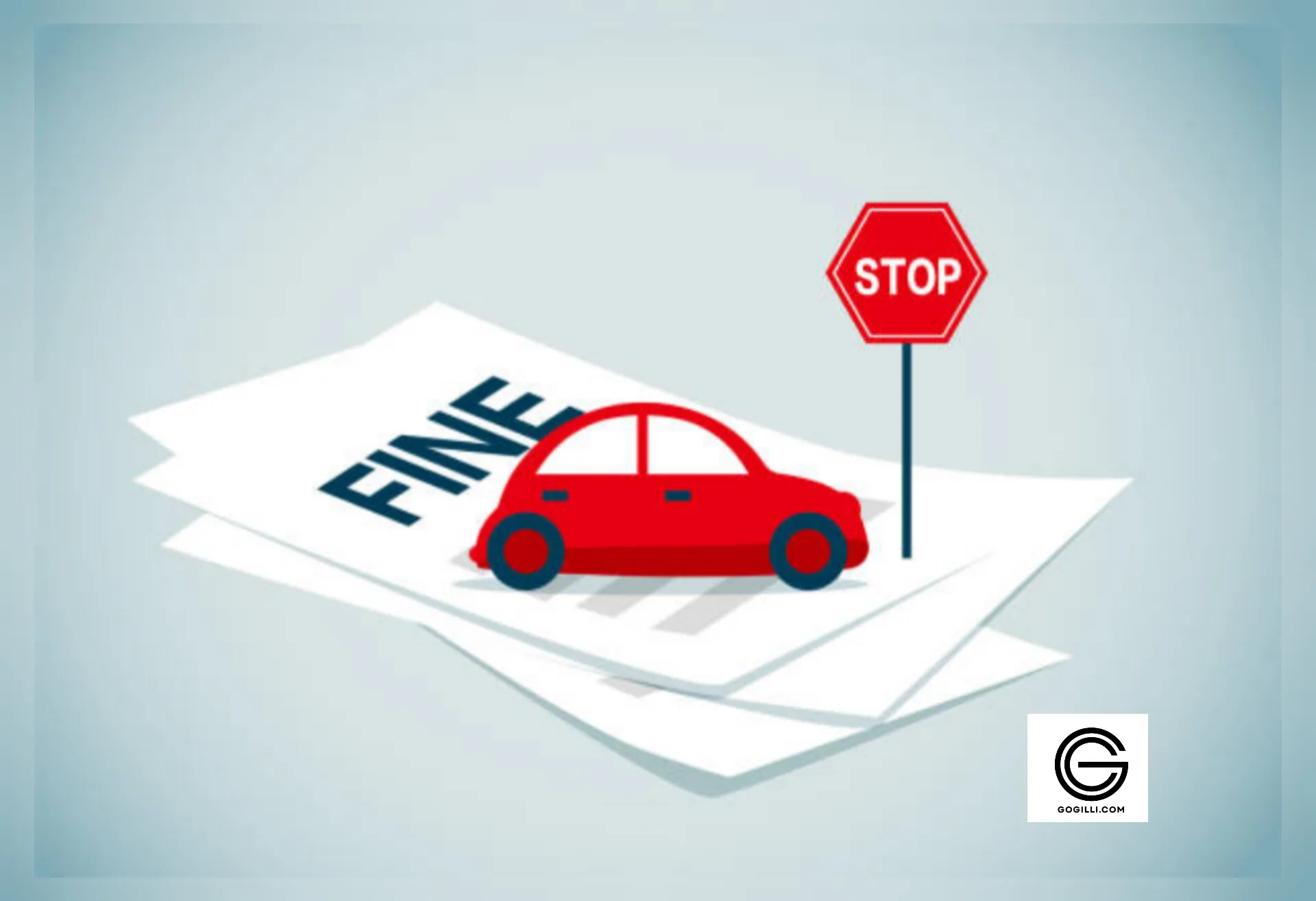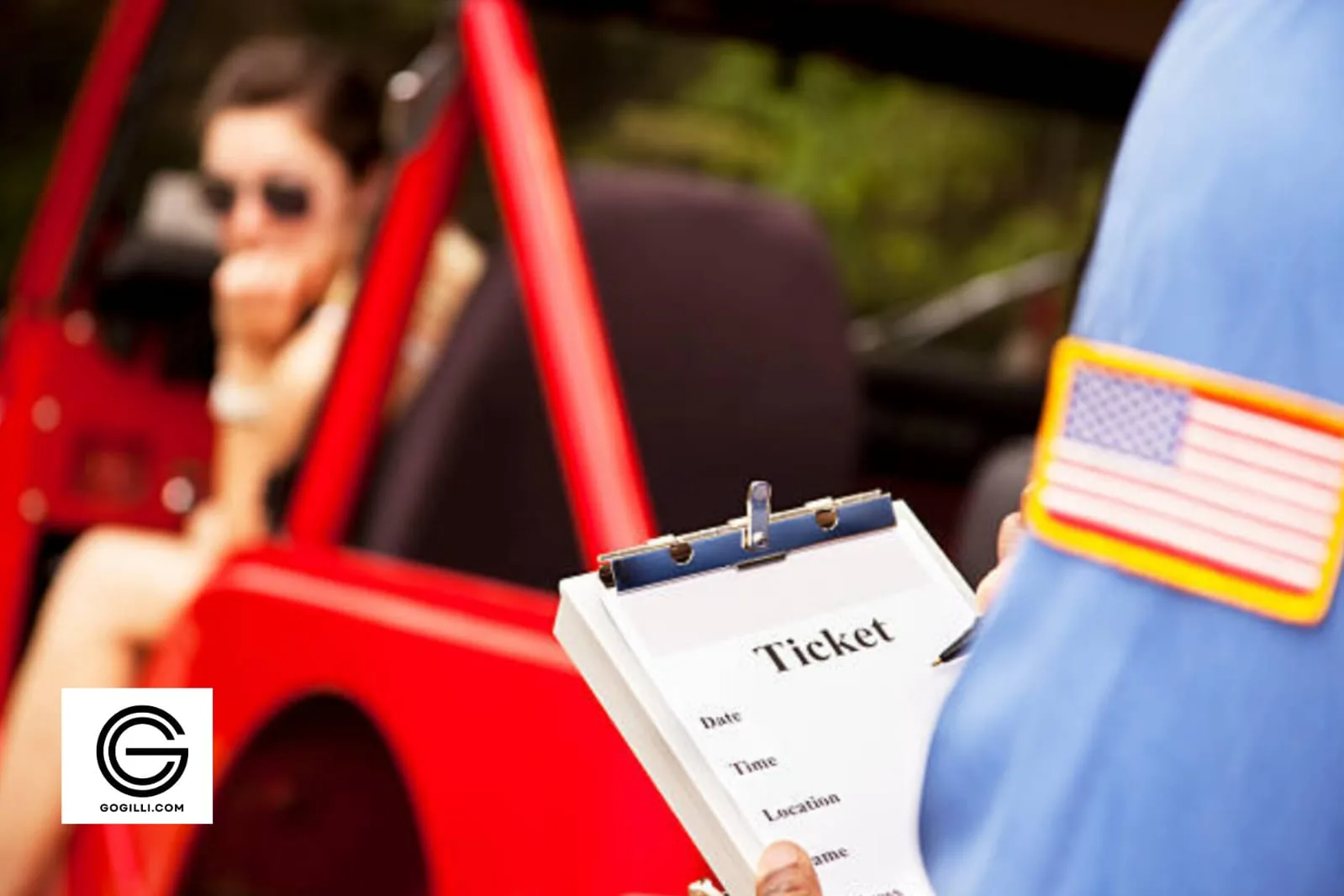The purpose of Florida’s criminal traffic laws is to maintain order and safety on the state’s roads by controlling driver conduct and punishing offenders who put other people in danger. These rules cover a broad spectrum of offenses, from infractions to felonies.
- What types of Criminal Traffic Violations Exist in Florida?
- Reckless driving violations
- DUI violations
- Hit & Run violations
- criminal traffic ticket
Types of Criminal Traffic Violations
In Florida, there are three primary classifications for criminal traffic offenses:
Misdemeanors: In Florida’s criminal traffic laws these are less serious crimes that usually include penalties, community service requirements, and/or license points. Speeding, careless driving, and fleeing the scene of a small collision are a few examples.
Felonies: In Florida’s criminal traffic laws these are more severe crimes that carry a potential jail sentence, heavy fines, and license suspension or cancellation. DUI manslaughter, vehicular homicide, and eluding and running from a police officer are among examples.
Noncriminal Traffic Violations: In Florida’s criminal traffic laws these are relatively minor infractions that usually result in a traffic ticket, which is followed by a fee. Parking infractions, running a red light, and not signaling are a few examples.

Florida’s Most Common Criminal Traffic Offenses
In Florida’s criminal traffic laws, a few of the most typical criminal traffic violations are as follows:
Driving Under the Influence (DUI): Operating a motor vehicle while under the influence of drugs or alcohol is a serious offense that carries a potential jail sentence, fines, license suspension, and ignition interlock device installation.

Driving carelessly: Florida’s criminal traffic laws refer to actions like racing, excessive speeding, and weaving in and out of traffic that show a deliberate or wanton disregard for the safety of other people.
Hit and run: Regardless of the severity of the accident, leaving the scene and refusing to stop and offer assistance is known as “hit and run.”
Speeding is the act of exceeding the posted speed limit, which raises the possibility of collisions considerably.
Driving carelessly refers to any actions taken when operating a vehicle, such as failing to surrender the right of way, following too closely, or operating a vehicle while distracted.
Penalties for Violations of the Traffic Law:
In Florida’s criminal traffic laws, depending on the severity of the incident and the driver’s past record, there are different consequences for criminal traffic offenses in Florida. Penalties could consist of:
Fines: Penalties in the form of money, which can range from several hundred to thousands of dollars.

Points on Driver’s License: If a particular amount of points are accrued within a given time frame, a driver’s license may be suspended or revoked.
Jail Time: incarceration for crimes involving more severity, like DUI homicide or felony evading capture.
License Revocation or Suspension: Temporary or permanent loss of driving rights.
Community service is voluntary labor done without compensation for the good of the community, either in lieu of or in addition to legal consequences.
Ignition Interlock Device: An apparatus fitted with a breathalyzer that stops a car from starting if the driver’s blood alcohol content is higher than a predetermined threshold.
Probation is a term of supervision where the offender is subject to rules and requirements, like treatment for drug or alcohol abuse.
The Significance of Following Traffic Laws
Ensuring the safety of all road users, including pedestrians, cyclists, motorcyclists, and other motorists, depends heavily on following traffic laws. The likelihood of mishaps, injuries, and fatalities can be greatly decreased by abiding by the regulations.
Looking for Legal Support
It is crucial that you speak with a skilled traffic attorney if you have been accused of a criminal traffic infraction in Florida. In addition to representing you in court, an attorney can help you comprehend the charges against you and inform you of your rights. They can also bargain with the prosecution to get the charges dropped or their sentence lowered.
How Many Traffic Violations Occur in Florida Annually?
The most recent data from the Florida Highway Safety and Motor Vehicles (FLHSMV) indicates that in 2022, Florida issued about 2.6 million traffic penalties. Compared to the 2.5 million citations issued in 2021, this is a modest rise.
- 322,019 moving infractions were the cause of the 2.6 million citations issued in 2022, of which 1.7 million were for non-criminal infractions. With nearly 681,000 citations for non-criminal transportation violations, speeding was the most common infraction. With nearly 105,000 citations issued, driving while license suspended or revoked was the most common criminal moving violation.
- The most frequent infraction is running a red light, which is followed by reckless driving. With more than 44,000 DUI citations issued in Florida in 2022, DUI is a significant concern there as well.
- Safety and law enforcement officials in Florida are quite concerned about the high rate of traffic infractions.
In addition to costing taxpayers millions of dollars annually, traffic infractions have the potential to cause major accidents and casualties. Law enforcement organizations in Florida are employing a range of tactics, such as stepped-up enforcement, public awareness programs, and harsher punishments, to cut down on the amount of traffic infractions.
What types of Criminal Traffic Violations Exist in Florida?
In Florida, there are two primary classifications of criminal traffic violations: misdemeanors and felonies. Less serious traffic infractions known as misdemeanors usually carry penalties, community service requirements, and license suspensions.
More serious infractions such as felony traffic violations carry a potential jail or prison sentence as well as license suspension.
In Florida, the following are a few of the most typical criminal traffic infractions:
1. Reckless driving violations
Driving any kind of vehicle with a deliberate or wanton disregard for the safety of people or property is considered reckless driving in the state of Florida. This indicates that you are driving with a careless disregard for other people’s safety and that you should be aware that your actions could result in an accident. Here are a few instances of careless driving:
- Speeding
- Weaving in and out of traffic
- Tailgating
- Running red lights or stop signs
- Passing in a no-passing zone
In the event that you are found guilty of reckless driving in Florida, you may be subject to several penalties, such as:
- 90 days or more in prison
- The maximum fine of $500
- six months of house arrest
- Having your driver’s license suspended
The people you drove recklessly could sue you in addition to facing criminal charges. This implies that you run the risk of being held financially liable for any harm or destruction you cause to property.
Ways to prevent careless driving
- You can take several measures to prevent careless driving, such as:
- observing traffic regulations
- driving carefully
- Observing your environment
- Refraining from diversions
- not using drugs or alcohol while operating a vehicle
For additional information, get in touch with the Florida Department of Highway Safety and Motor Vehicles (DHSMV) if you’re worried about reckless driving. To find out more about the risks associated with reckless driving and how to prevent it, you can also click here
Please be aware that Florida’s penalties for careless driving could change in the future. To obtain the most recent information, speaking with an attorney is always the best course of action.
2. DUI violations
DUI (Driving Under the Influence) is a serious offense in Florida. It is illegal to drive under the influence of alcohol or drugs, and the penalties for a DUI conviction can be severe.
Depending on the seriousness of the incident and the number of prior convictions, there are different punishments for a DUI conviction in Florida.
First violation:
- A $500–$1,000 fine
- up to six months or more in jail
- Suspended driver’s license for six months to a year
- fifty hours of labor as a volunteer
- a six-month ignition interlock device (IID)
Offense number two:
- $1,000 to $2,000 in fines
- nine months or more in prison
- Licensure suspension for drivers for nine months to a year
- one hundred hours of volunteer work
- An IID for a year
Throne offenders:
- A $2,000–$5,000 fine
- up to a year in prison
- Suspension of driver’s license for one to five years
- 150 hours of volunteer work
- For two years, IID
- Extra Penalties in Florida for a DUI Conviction
If a DUI conviction occurs in Florida, there are a variety of additional penalties that could be applied in addition to the ones mentioned above. These sanctions could consist of:
- The seizure of your car
- Integrating an IID into your car
- Validation
- Courses on drug and alcohol education
- Panel impacting victims
- Florida’s DUI Laws
Florida’s DUI Laws
There are very stringent DUI regulations in Florida. The purpose of this legislation is to safeguard the public against intoxicated driving. Key Florida DUI statutes include the following:
- In Florida, 0.08% is the permissible blood alcohol content (BAC) limit.
- Operating a vehicle while under the influence of alcohol or drugs is prohibited.
- Refusing to take a breathalyzer or field sobriety test is against the law.
- Transporting a minor in a car while intoxicated or under the influence of narcotics is prohibited.
How to Prevent a Florida DUI Conviction
Avoiding alcohol and driving is the greatest strategy to prevent being found guilty of DUI in Florida. If you decide to drink, there are several steps you can take to keep yourself from driving:
- Choose a driver who will abstain from alcohol consumption.
- Take public transit, ride-sharing services, or taxis.
- Spend the night at the location where you are having alcohol.
You should speak with a lawyer right away if you are arrested for DUI. To safeguard your interests in court and to understand your rights, see an attorney.
3. Hit & Run violations
In Florida, hit-and-run incidents are a major issue. Over 100,000 hit-and-run accidents occurred in the state in 2022, with over 1,000 fatalities. Roughly 10% of all fatal crashes in Florida are hit-and-run incidents, according to the Department of Highway Safety and Motor Vehicles.
The high frequency of hit-and-run incidents in Florida can be attributed to several factors. One explanation for this is the state’s high number of visitors and temporary residents, many of whom might not be aware of the state’s traffic regulations. Furthermore, Florida’s warm environment can make it challenging for law authorities to find drivers who fled the scene of an accident.

Following these actions is crucial if you are in a hit-and-run collision of Florida’s criminal traffic laws:
- Dial 911 right away.
- Try to obtain as much information as you can about the car that hit you, such as the make, model, license plate number, and any other details that could help identify it.
- Obtain the names and contact details of any witnesses, if at all possible.
- Even if you don’t believe you are hurt, be checked out by a doctor as soon as you can.
In Florida’s criminal traffic laws, it is illegal to flee the scene of a hit-and-run accident. The magnitude of the injuries or property damage resulting from the accident determines the seriousness of the offense. You may be sentenced to up to five years in prison and a $5,000 fine if you are found guilty of a hit-and-run accident.
Here are a few more pointers to help stop hit-and-run accidents in Florida’s criminal traffic laws :
- Whether you are walking or driving, pay attention to your surroundings.
- When crossing the road, proceed with caution.
- During the night, make sure your headlights are on.
- Steer clear of distractions while driving, such as texting or talking on the phone.
- When witnessing a hit-and-run collision, stop in a secure area and dial 911.
4. criminal traffic ticket
In Florida, there are four primary categories of criminal traffic tickets:
Driving while intoxicated (DUI).
In Florida’s criminal traffic laws, this is the most prevalent criminal traffic infraction in the state of Florida. It is a serious offense that carries a number of potential consequences, such as fines, jail time, and license suspension.
driving carelessly.
In Florida’s criminal traffic laws, this is an additional severe infraction that carries a risk of fines, imprisonment, and license suspension. Driving with a deliberate or wanton disregard for other people’s safety or their property is known as reckless driving.
Leaving the accident scene.
In Florida’s criminal traffic laws, there are penalties for this offense, including fines, jail time, and license suspension. Failing to stop or report an accident that causes property damage, injury, or death is known as “leaving the scene.”
operating a vehicle without a license.
In Florida’s criminal traffic laws, there are penalties for this offense, including fines and license suspension. Driving without a valid license includes operating a vehicle without one, with a license that has been fraudulently obtained, or with a license that has been suspended or revoked.

Speak with an attorney if you are accused of a felony traffic infraction in Florida. In addition to representing you in court, an attorney can assist you in understanding your rights and options.
How Do You Deal With Criminal Traffic Violations in Florida?
In Florida, handling criminal traffic infractions can be a difficult and time-consuming procedure. Here is a step-by-step strategy to assist you in handling the circumstance:
- Understand the Charge:
Learn about the exact criminal traffic infractions you are facing, such as driving while intoxicated, leaving the scene of an accident, or reckless driving. Assess the seriousness of the infraction; certain infractions are considered misdemeanors, while others are considered crimes.
- Consult a Lawyer:
It is essential to speak with a skilled traffic lawyer in order to comprehend your legal alternatives and safeguard your rights. A lawyer can evaluate the evidence used against you, offer defense strategy advice, and represent you in court.
- Address the Citation:
A traffic ticket that is ignored may result in further consequences, such as license suspension or arrest. Within the allotted time, either pay the fine or enter a not-guilty plea in response to the citation.
- Attend hearings in court:
You will have to appear in court to present your case if you enter a not-guilty plea.Be professional and on time, acquire supporting documentation, and thoroughly prepare for your court appearance.
- Follow court orders:
Respect any judgments or orders from the court, including those requiring you to pay fines, perform community service, or go to traffic school.
If you disobey court orders, you may face additional legal repercussions.
Recall that serious penalties for criminal traffic infractions can include fines, jail time, and license suspension. It is crucial to get legal advice and adhere to the correct processes in order to lessen the effects of these infractions and safeguard your rights.
